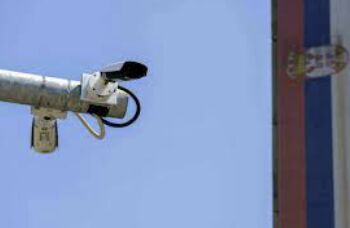Tensions Soar: Serbia and Croatia Expel Diplomats, Straining Balkan Relations
Serbia and Croatia have expelled each other's diplomats, intensifying their long-standing tensions and raising concerns about the stability of southeastern Europe. The international community will closely monitor the situation.
In a new escalation of tensions between Serbia and Croatia, each country has expelled one of the other's diplomats, further straining relations between the former wartime foes and Balkan rivals. The Serbian Foreign Affairs Ministry announced that the first secretary of the Croatian Embassy was declared persona non grata for allegedly grossly stepping outside the framework of diplomatic norms. According to media close to the populist Serbian government, the expelled diplomat is accused of engaging in "spying activities." Croatia, on the other hand, vehemently denied these allegations and retaliated by expelling a Serbian diplomat.
The Croatian foreign ministry criticized Serbia's action, stating that it would weaken bilateral relations, especially at a time when the stability of southeastern Europe holds exceptional importance for the entire continent. The expulsion of diplomats adds to the long-standing tensions between the two countries. Since the Balkan wars of the 1990s, when Serbian-led troops intervened in Croatia, the relationship has been fraught with unease.
The land grab operation conducted by Belgrade ultimately ended in defeat and led to the expulsion of tens of thousands of ethnic Serbs from Croatia. The recent diplomatic rift only exacerbates the strained relations and raises concerns about the future stability of southeastern Europe. As both Serbia and Croatia are Balkan rivals, any deterioration in their relationship could have broader consequences for the region. The international community will closely monitor how these tensions unfold, as the stability of southeastern Europe remains a key priority for Europe as a whole.




